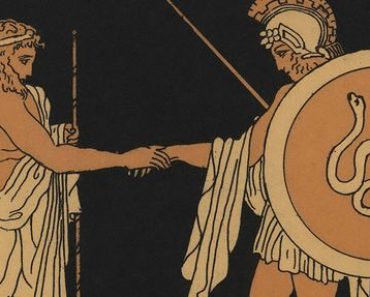Trinity designed the First Year Experience (FYE) not only to ease first-years into college-level classes, but also to help them in other aspects of college life. The peer tutors of these courses work with first-years one-on-one to support them.
Caroline Box, junior accounting major, was a peer tutor for the FYE Greek Mythology and Literature throughout her sophomore year. She emphasized that peer tutors are an approachable resource, beyond just academics.
“Peer tutors have office hours, just to talk to them, not even about the work necessarily, but just if you want to talk or need some help,” Box said.
Harper Munyon, sophomore communication and human communication double-major, is a current peer tutor for the FYE Why People Believe Weird Things.
“I keep sticky notes on the front of my computer,” Munyon said. “Don’t leave stuff until the last minute, even if you have time to do a big thing, split it up. Get fresh eyes. I really think that helps.”
Alissa Aldrich, junior geoscience major, was the peer tutor for the FYE Inventing Mexico during her sophomore year.
“I think honestly, a lot of it is figuring out how you study, and what’s gonna benefit you in terms of studying and time management. Everybody is different, and I think figuring out your personal style of doing that is really important,” Aldrich said.
While Alridrich said study habits vary from person to person, Box said that many first-years face similar problems when adjusting to college. She shared tips on how to manage these problems and balance the increased workload.
“It’s definitely gonna seem like a lot when you’re first starting. But as long as you do the work or readings, whatever the assignment is, as long as you take it one step at a time, do the little things in between, not wait till the very end,” Box said.
When reflecting on what she would do differently if she could revisit her first-year, Box emphasized the importance of building connections, something she had overlooked. She described what that would have looked like.
“I would probably reach out more, in regards to like my professors or tutors, and even just making more friends and study groups. I would definitely try to get more of those connections,” Box said. “You’re going to see those people every day in that class, so it’s easy to get to know them because you’re going to see them all the time. And then roommates — making friends with roommates — I feel like that’s also really important.”
Box also suggested getting involved with clubs on campus. According to Box, finding and building friendships can be the first step toward this.
“Going to club events and the involvement fair and those kinds of things, sometimes it’s easier if you make one friend and go with them to a bunch of things if you don’t feel comfortable enough to do it alone, because I know it’s obviously hard,” Box said.
Along with Box, Aldrich also recommended getting involved on campus. There are many student-run organizations on campus, and attending club meetings is one way to meet new people.
“I’ve met a lot of my current friends just through extracurricular activities,” Aldrich said. “OREC has a bunch of trips, utilizing clubs on campus or just San Antonio in general.”
According to Box, Aldrich and Munyon, every first-year is going through the same thing. From peer tutors to campus activities, Trinity wants you to succeed. These support options are available to all students.
“Reach out and get out on campus, and pretty soon it will start feeling like home, and then it will all be OK,” Munyon said.







